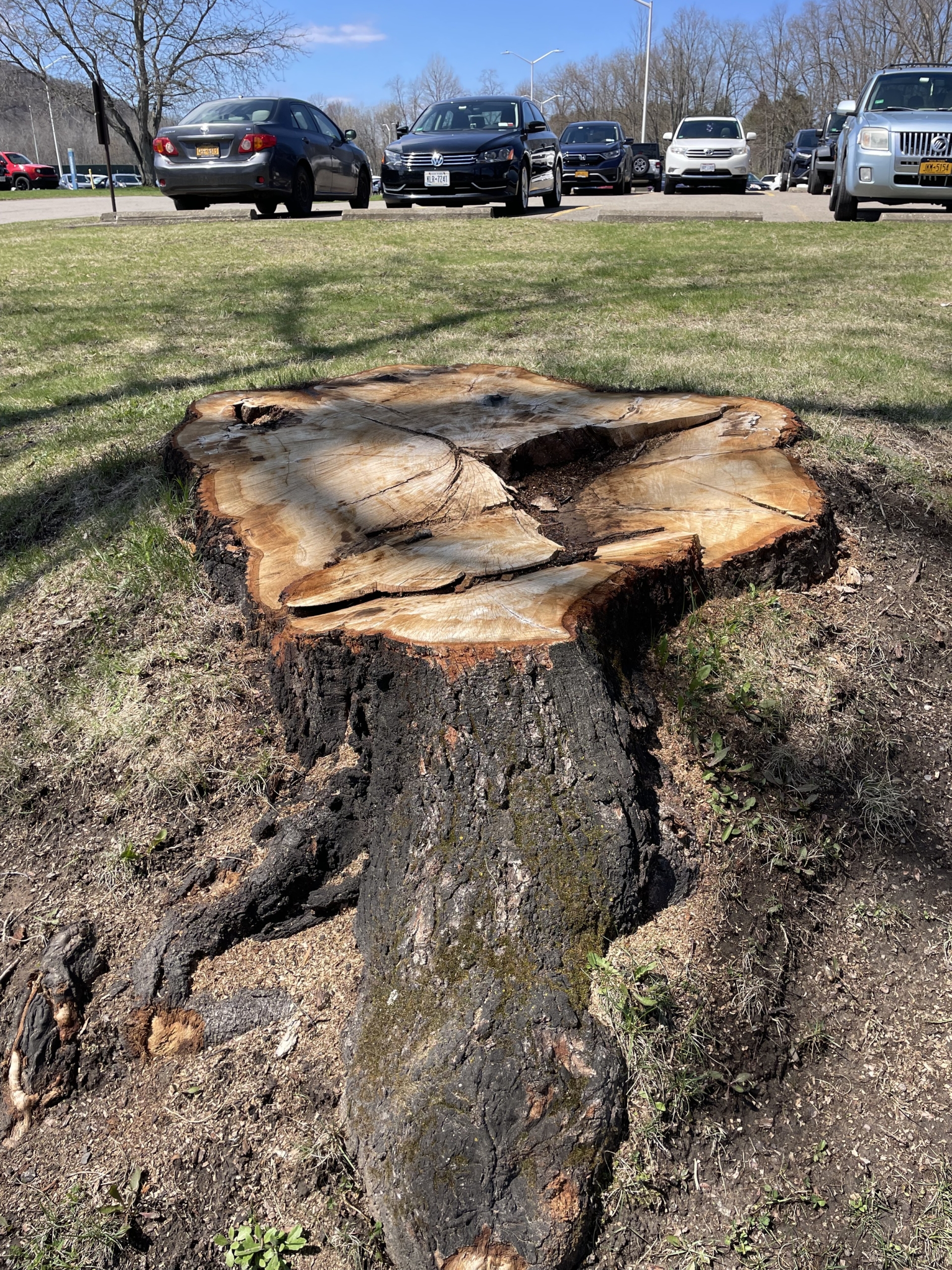By Jimmy McCarthy
Contributing Writer
Guest speaker Anthony Ingraffea of Cornell University will be on campus to discuss hydraulic fracturing and the negative repercussions at 7:00 p.m. Monday in the Murphy Auditorium. His speech will educate others on the effects of fracking with regards to the environment, economy, and society.
“Fracking is a relatively brief period of time in the life cycle of an enormous industry when water laced with sand and chemicals are pumped down wellbores and the shale is re-fractured,” Ingraffea said.
Ingraffea is a professor of engineering and an opponent of hydraulic fracturing. His research has led him to be a leader in the debated subject across the country. Based on his scientific reasoning, he delivers speeches to the public and government organizations in different states explaining why he is against the practice according to Christopher Stanley, professor of theology.
“Many of our students come from New York and Pennsylvania,” Stanley said. “If you’re going to stay in the area, it’s incumbent upon people to educate themselves and become politically active about the issue.”
Students from the area are familiar with the term “fracking,” but do not know a lot on how the process works. However, Dave Frentz, freshman history major, knows the process brings consequences.
“I don’t know a lot about the topic, but from what I know, it does seem rather detrimental to the environment as a whole,” Frentz said.
For Charlie Guzior, a junior journalism and mass communication major, reading about the topic is important in order to understand the positives and negatives of fracking.
“I honestly don’t know much about it, and I know it’s a big topic of discussion,” Guzior said. “I probably should read more about it. I kind of have a small idea about, but from what I can tell it’s not very beneficial.”
Fracking raises issues on whether or not the process poses a negative impact on the environment specifically the water table which proponents say are not affected.
Advocates for fracking, according to Stanley, say that it takes place beneath the water table. Therefore, the water table would not be affected in any way. They also say the burning of natural gas found in shale burns cleaner than coal.
“There are threats to water table and rivers,” Stanley said. “There is no way to treat massive amounts of waste water that is generated into the ground. When they put water in ground, ‘x’ amount stays there and eventually reaches the water table. We do not know what chemicals they are putting into it either.”
Stanley said that the proponents of fracking say that it has been done safely over the past and they see no problem resonating. What they are not saying, however, is the fact that the way they are drilling is different than before. They are also digging deeper now compared to the past.
He stated that opponents to fracking have made better use of the media than those in favor of it. Oil and gas companies have the money to use media to get their message across, but they have been slow on the uptake to see that they could use the media the same way their opponents are.
“Really when you boil it down, it’s the good of the few versus the good of the many,” Stanley said. “There are individuals who benefit substantially from it, and then there are people indirectly affected. You get a few people who get rich or get jobs with the potential detriment to everybody in the area if the environmental problems do turn out to be bad as many people thought.”



